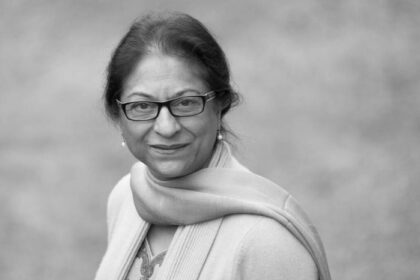Provision:
Freedom to Profess Religion and Manage Religious Institutions
Every citizen shall have the right to profess, practice, and propagate his religion.
Every religious denomination and every sect thereof shall have the right to establish, maintain and manage its religious institutions.
These rights are subject to law, public order, and morality.
Meaning:
Article 20 ensures religious freedom for all citizens, allowing them to follow, practice, and spread their beliefs without interference. It also recognises the autonomy of religious groups to manage their places of worship and related institutions.
However, these freedoms are not unlimited. The state may impose restrictions to maintain public order and uphold moral standards. The provision seeks to balance individual religious liberty with social harmony and public interest.
Application:
When individuals attend worship, observe religious festivals, wear religious symbols, or preach their faith, they are exercising rights under Article 20. Similarly, when a religious community runs a mosque, church, temple, or seminary, they do so under this protection.
However, if any religious activity incites hatred, disrupts public peace, or violates general law—for example, by promoting violence or infringing others’ rights—the state can intervene. Any such restriction must be legally grounded and not used to target or suppress a particular faith.















